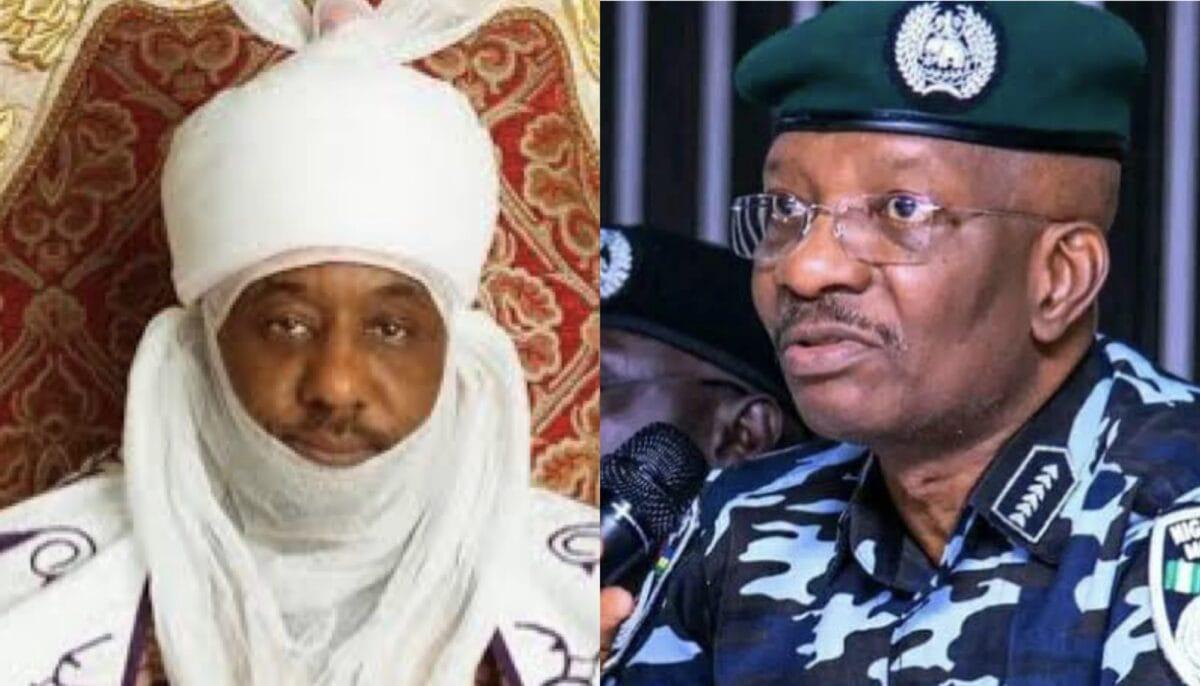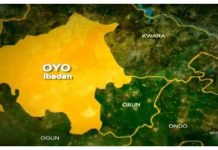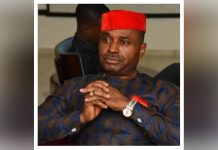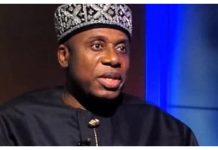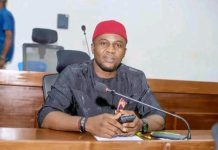By Abba Hamisu Sani
Africa-Press – Nigeria. The longstanding Kano Emirship crisis has taken a new turn following the invitation of Emir Muhammadu Sanusi II by the Nigeria Police Force in connection with the violence and fatalities recorded during the 2025 Eid-el-Fitr celebrations in the state.
The development, which has drawn widespread attention across northern Nigeria and beyond, comes amidst ongoing tensions within the Kano Emirate, where two rival monarchs continue to claim legitimacy over the traditional throne.
Sanusi II, who was dethroned in 2020 by former Governor Abdullahi Umar Ganduje over alleged insubordination, was reinstated by the current Governor, Abba Kabir Yusuf. His reinstatement reignited the tussle with Emir Aminu Ado Bayero, who was appointed by the previous administration and continues to occupy a palace within the city.
Eid Celebration Turns Tragic
Ahead of the 2025 Eid-el-Fitr celebrations, both Emirs issued conflicting announcements regarding who would lead the traditional Sallah Durbar—a historic event that has long been part of Kano’s cultural heritage.
In a bid to avert crisis, the Nigeria Police ordered the suspension of the Durbar. However, Emir Sanusi—recognized by the Kano State Government—defied the directive and proceeded with a ceremonial procession. Tragically, one of his guards was killed during the ensuing clash.
According to sources, violence erupted after Emir Sanusi completed Eid prayers and was returning to the palace on horseback—a customary practice. Some youths reportedly threw sachets of water at the Emir’s entourage, triggering chaos. Police responded by firing teargas to disperse the crowd.
Police Summon Emir Sanusi to Abuja
Following the incident, the Police invited Emir Sanusi to appear before the Force Intelligence Department headquarters in Abuja. The invitation letter, signed by the Commissioner of Police in charge of Operations, Mr. Olajide, stated that the summons was issued on the directive of the Inspector General of Police. The Emir was asked to report on April 8, 2025.
Earlier, the police had also summoned one of the Emir’s senior aides, Wada Isiyaku (Shamakin Kano), over the alleged violation of the Durbar ban.
The police stated that their actions aimed to ensure public safety and preserve peace during the festive period.
Mixed Reactions Trail Police Invitation
The police summons has sparked widespread debate. While some view it as a necessary step in the pursuit of justice, others see it as a violation of the traditional institution’s dignity.
One of the most vocal critics, Alhaji Mustapha Jokolo, the deposed Emir of Gwandu, condemned Emir Sanusi’s defiance, describing it as irresponsible and provocative. Jokolo referenced his own ordeals, including forced exile, and stated: “No one is above the law. Sanusi’s actions led to the loss of lives. A traditional ruler should conduct himself with wisdom and dignity.”
He questioned whether the late Emir Ado Bayero would have acted similarly and called for Sanusi’s resignation to preserve the integrity of the institution.
Legal Challenge and Petition to President Tinubu
Meanwhile, renowned Kano-based human rights lawyer, Barrister Hamza Dantani, has petitioned President Bola Ahmed Tinubu over what he described as a politically motivated move by the police to summon Emir Sanusi.
In his letter, Dantani expressed concern that the invitation lacked legal basis and posed a threat to the stability of Kano and the wider northern region.
“This invitation appears to be politically motivated rather than rooted in justice or national interest,” Dantani argued. He warned that such actions could erode public confidence in security institutions and diminish the reverence accorded to traditional leadership.
Government’s Role and Next Steps
A palace official, speaking anonymously, stated that the Emir’s movements on Sallah day were approved by the Kano State Government and did not constitute a violation of the Durbar ban.
“What happened was not a Durbar event,” the official said. “The Emir merely rode on horseback back to the palace after Eid prayers, in line with longstanding tradition.”
As legal and political debates continue to unfold, observers warn that how the crisis is resolved could have far-reaching implications—not only for Kano but for the role of traditional institutions across Nigeria.
For More News And Analysis About Nigeria Follow Africa-Press


